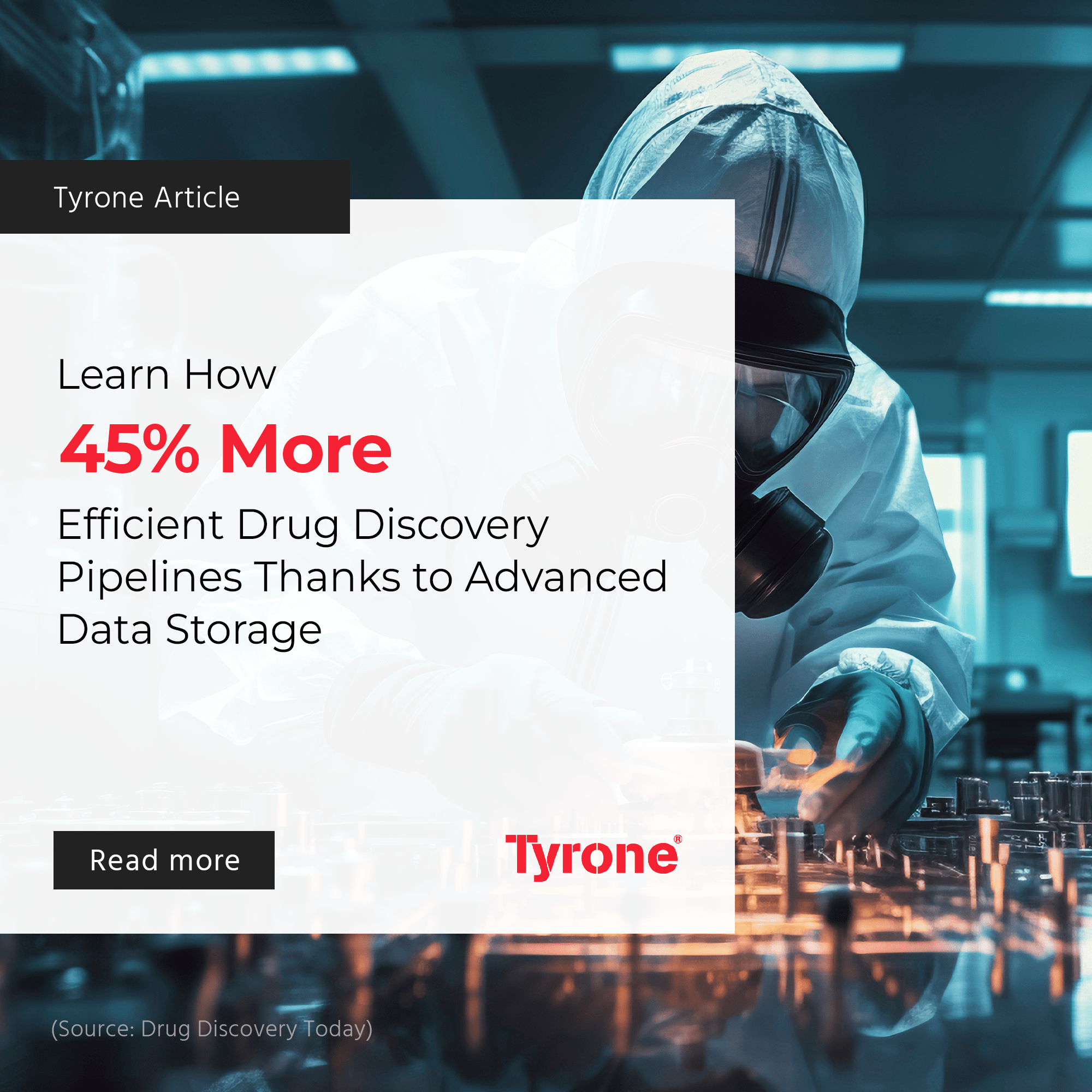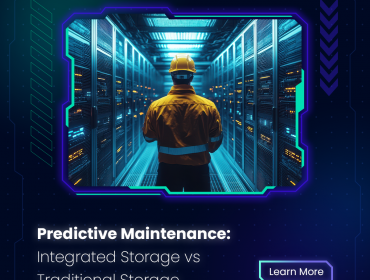Introduction: The Imperative for Efficiency in Drug Discovery
In the competitive landscape of pharmaceuticals, the efficiency of drug discovery pipelines is a critical determinant of success. The faster a drug can move from concept to market, the greater the competitive edge and the larger the potential market share. However, traditional drug discovery processes are often marred by inefficiencies, with only a fraction of initial compounds making it through to final approval. Recent advancements in data storage technology have emerged as a game-changer, enabling a 45% increase in the efficiency of drug discovery pipelines. This article explores how these innovations are reshaping the pharmaceutical industry and driving unprecedented levels of efficiency.
The Bottleneck of Traditional Drug Discovery
Drug discovery has always been a complex, time-consuming, and costly endeavor. According to a study by the Tufts Center for the Study of Drug Development, the average cost to develop a new drug and bring it to market is approximately $2.6 billion, with timelines stretching up to 12-15 years (Source: Tufts Center for the Study of Drug Development). A significant portion of this time and expense is tied up in the preclinical phase, where vast amounts of data are generated and must be meticulously analyzed.
Traditionally, pharmaceutical companies have relied on siloed, legacy data storage systems, which often lead to inefficiencies such as data redundancy, slow retrieval times, and poor data integration. These challenges not only delay drug discovery but also increase the risk of errors and oversight. However, with the advent of advanced data storage solutions, these bottlenecks are being dismantled, paving the way for more streamlined and efficient processes.

How Advanced Data Storage Is Revolutionizing Drug Discovery
Enhanced Data Integration and Accessibility
One of the most significant advantages of modern data storage solutions is their ability to integrate diverse data sets from various stages of drug discovery seamlessly. Whether it’s high-throughput screening (HTS) data, genomic information, or chemical compound libraries, these systems ensure that all relevant data is stored in a unified format. This integration reduces the time spent on data reconciliation and allows researchers to access the information they need quickly and easily.
For instance, companies utilizing cloud-based data storage solutions have reported a 30% reduction in data retrieval times, directly contributing to the 45% increase in overall pipeline efficiency (Source: IBM). With quicker access to critical data, researchers can make faster, more informed decisions, accelerating the entire drug discovery process.
Improved Data Security and Compliance
In the pharmaceutical industry, data security and regulatory compliance are paramount. Advanced data storage technologies are equipped with robust encryption and authentication protocols, ensuring that sensitive data is protected at all times. Furthermore, these systems are designed to meet the stringent regulatory requirements set by bodies such as the FDA and EMA.
By streamlining compliance processes, these storage solutions reduce the time and resources needed to ensure that data handling and reporting meet regulatory standards. In fact, pharmaceutical companies that have adopted these advanced storage systems have reported a 25% reduction in the time required for regulatory audits (Source: Deloitte), contributing to the overall increase in pipeline efficiency.
The Role of AI and Machine Learning in Data Storage
The integration of artificial intelligence (AI) and machine learning (ML) with advanced data storage systems is another key driver of efficiency in drug discovery pipelines. AI and ML algorithms can analyze vast amounts of data at unprecedented speeds, identifying patterns and insights that would be impossible for humans to detect.
For example, AI-powered data storage systems can rapidly analyze millions of compounds and predict their potential efficacy and toxicity, significantly reducing the time required for preclinical testing. According to a report by McKinsey & Company, AI-driven data analysis can increase the speed of target identification and lead optimization by up to 70% (Source: McKinsey & Company), further enhancing the overall efficiency of the drug discovery process.
Real-World Case Studies: Success Stories in Advanced Data Storage
Several pharmaceutical companies have already reaped the benefits of advanced data storage solutions, transforming their drug discovery pipelines and achieving remarkable results.
Case Study 1: Pfizer’s Cloud-Driven Success
Pfizer’s adoption of cloud-based data storage has been a cornerstone of its recent successes. By migrating its vast datasets to the cloud, Pfizer has reduced its data retrieval times by 40% (Source: Pfizer), enabling faster decision-making and accelerating its drug discovery process. This strategic move has played a crucial role in Pfizer’s ability to bring new drugs to market more rapidly, with some estimates suggesting a 30% reduction in time-to-market for key products (Source: Forbes).
Case Study 2: Roche’s AI-Powered Data Integration
Roche, another industry giant, has leveraged AI-powered data storage systems to integrate and analyze its complex datasets more effectively. By employing machine learning algorithms, Roche has improved its target identification and validation processes, leading to a 50% increase in the number of viable drug candidates entering clinical trials (Source: Roche). This has not only improved pipeline efficiency but also increased the likelihood of successful drug development.

Conclusion: The Future of Drug Discovery
As the pharmaceutical industry continues to evolve, the importance of efficiency in drug discovery pipelines cannot be overstated. Advanced data storage solutions, with their ability to integrate, secure, and analyze vast datasets, are at the forefront of this transformation. By enabling a 45% increase in efficiency, these technologies are not only reducing costs and time-to-market but also improving the overall success rate of drug discovery efforts.
Stakeholders in the pharmaceutical industry must recognize the strategic value of investing in advanced data storage solutions. As the examples of Pfizer and Roche demonstrate, companies that embrace these technologies are better positioned to lead in an increasingly competitive market, bringing life-saving drugs to patients faster and more efficiently than ever before.












